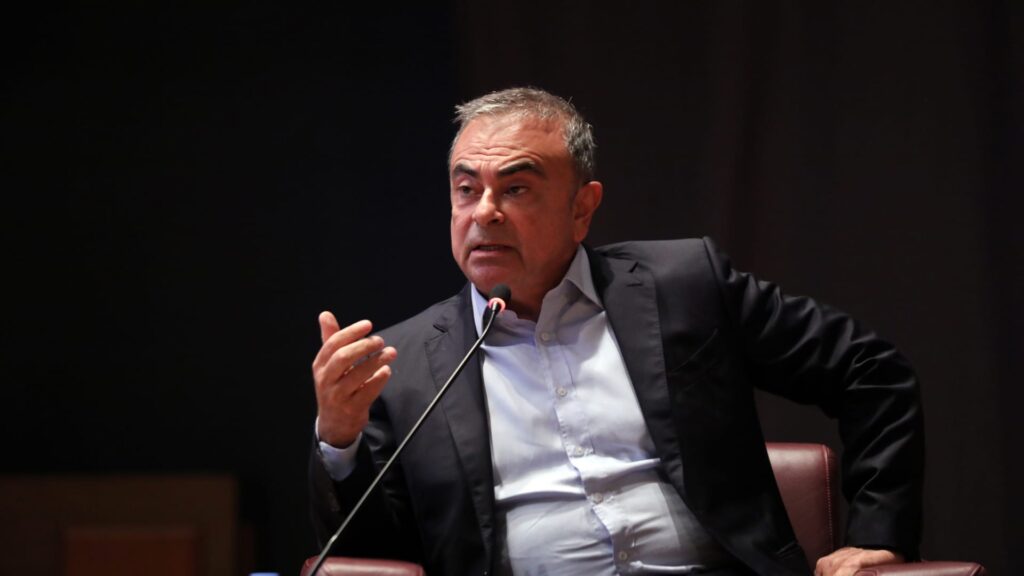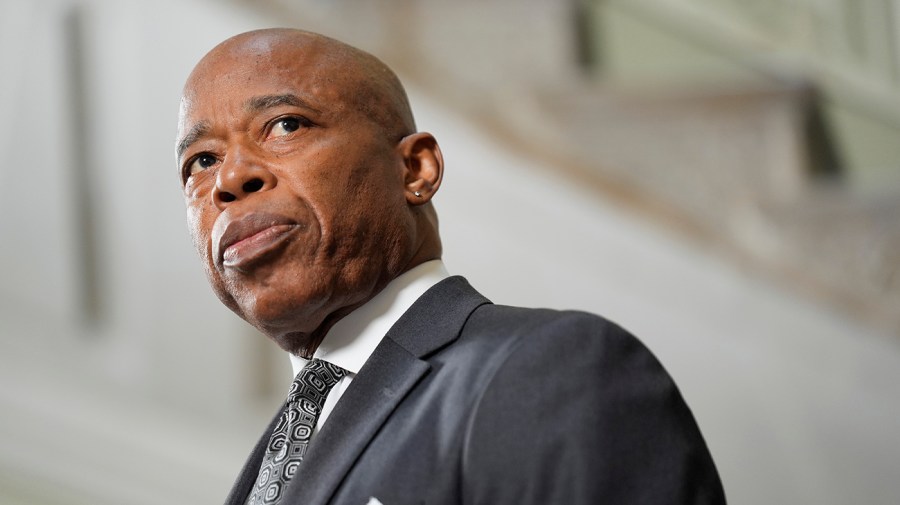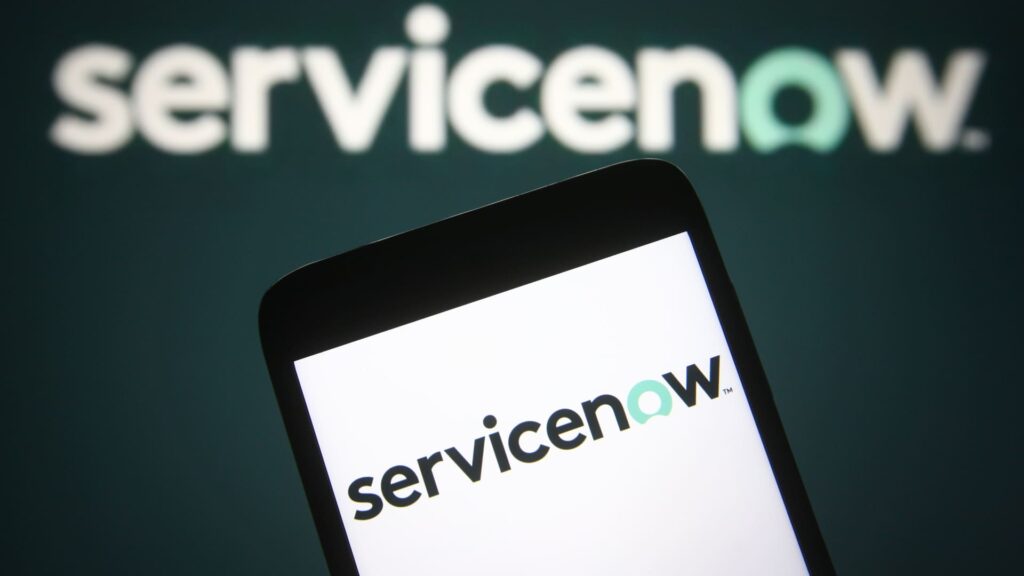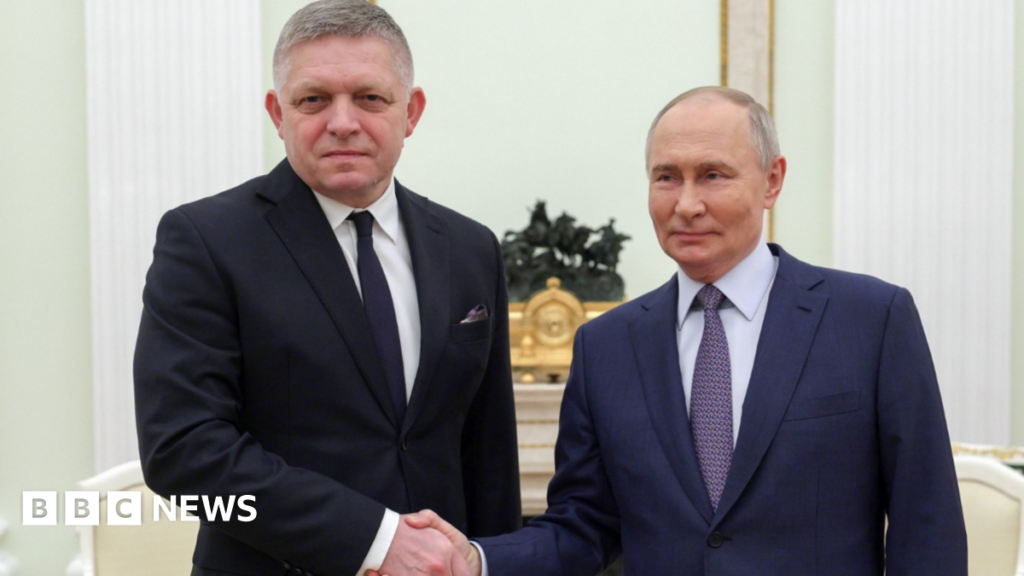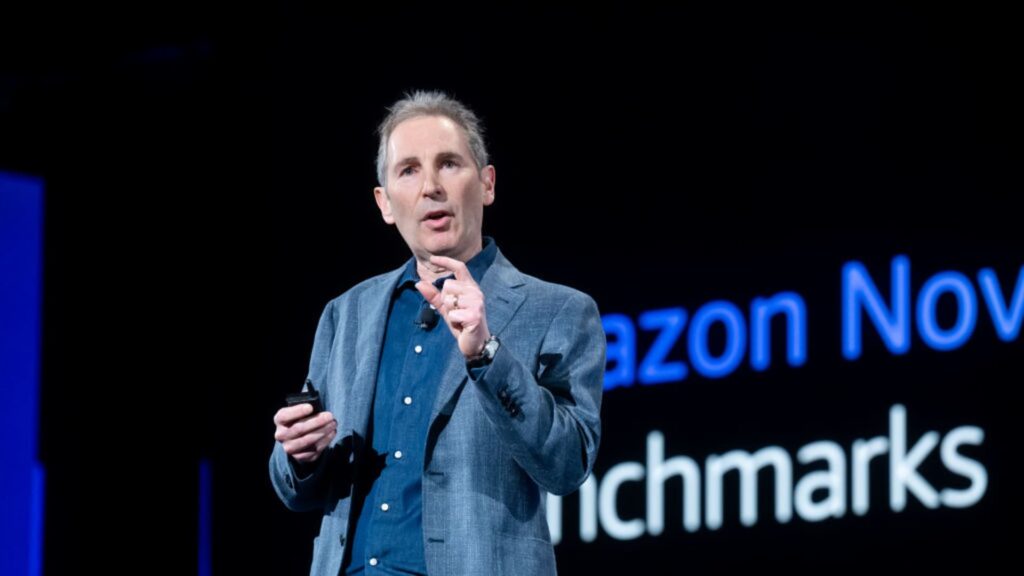]

Nissan will be the victim of cost-cutting “carnage” if it combines forces with Japanese peer Honda, former Nissan CEO Carlos Ghosn told CNBC on Tuesday.
“I think, without any doubt, Honda is going to be in the driver’s seat, which is very sad to see after having led Nissan for 19 years [and] brought Nissan to the forefront of the industry, to see that they’re going to be the victim of a carnage, because there is total duplication between Nissan and Honda,” he told CNBC’s “Squawk Box Europe.”
Ghosn, who once led three automakers as part of the Nissan-Renault-Mitsubishi alliance, has been residing in Lebanon after being arrested in Japan in November 2018 and fleeing trial on charges of financial crimes. He denies misconduct.
“There is practically no complementarity here, which means, if they want to make synergy it is going to be through maybe cost reduction, duplication of plan, duplication of technology, and we know exactly who’s going to pay the price of it. It’s going to be the minor partner, and it’s going to be Nissan,” Ghosn said.
Nissan had greater complementarities with France’s Renault, Ghosn estimated, referencing a longstanding partnership that has been largely unwound.

Speculation of a potential Honda and Nissan merger began earlier this month, and the two companies confirmed the official start of talks over a business integration during a press conference on Monday. Under current proposals, a holding company would act as the parent of both firms and be listed on the Tokyo Stock Exchange, with Honda — which has a market capitalization around four times that of Nissan — nominating most board members of the new entity. Nissan’s strategic partner Mitsubishi is also engaged in talks over joining the group.
A $54 billion Nissan-Honda group would leapfrog South Korea’s Hyundai to become the world’s third-largest automaker by vehicle sales, behind Japan’s Toyota and Germany’s Volkswagen. The integrated group would also represent a landmark in automotive industry consolidation, which has been long expected in both Japan and worldwide as businesses struggle to shoulder the development costs of electric vehicles and autonomous driving technology.

Executives at both Honda and Nissan on Monday stressed that a combined company would be able to share the intelligence and resources necessary to compete in the EV transition and deliver economies of scale, boosting operating profit to a projected 3 trillion yen ($19.1 billion) in the long-term.
Nissan is embarking on the ambitious merger while simultaneously undertaking a deep restructure it announced in November, which will reduce global production capacity by a fifth and cut 9,000 jobs.
Honda CEO Toshihiro Mibe on Monday acknowledged that some shareholders may feel his company would be supporting struggling Nissan as part of the deal, but stressed that the business integration talks will “not come to fruition” if the two automakers fail to stand on their own.
Ghosn nevertheless told CNBC that the merger plan suggests “Nissan is in panic mode, looking for somebody to save them from the situation, because they are unable to generate the solution by themselves.”
He expressed “high doubts” that the turnaround at Nissan will be successful, without providing details.

Kei Okamura, SVP and Portfolio Manager of Neuberger Berman, echoed the sentiment that details of the merger plan still need to be ironed out.
“If you’re an investor you’re going to be thinking about the three to five earnings outlook. What was announced [Monday] was the near-term, so the timeline, and the long-term vision. The only issue is how is this merged entity going to get there, and that’s where there are a lot of uncertainties ahead,” Okamura told CNBC’s “Street Signs Asia” on Tuesday.
“The post-merger integration is going to be absolutely essential… unless these companies are able to really full integrate themselves together in terms of the people, the assets and of course the culture, these deals have the potential to unwind, and we have to take into consideration that this deal may not happen if [Nissan] doesn’t come through with its turnaround program,” Okamura added.
Nissan declined to comment on this story beyond its statement out on Monday. Honda did not immediately respond to a CNBC request for comment.

